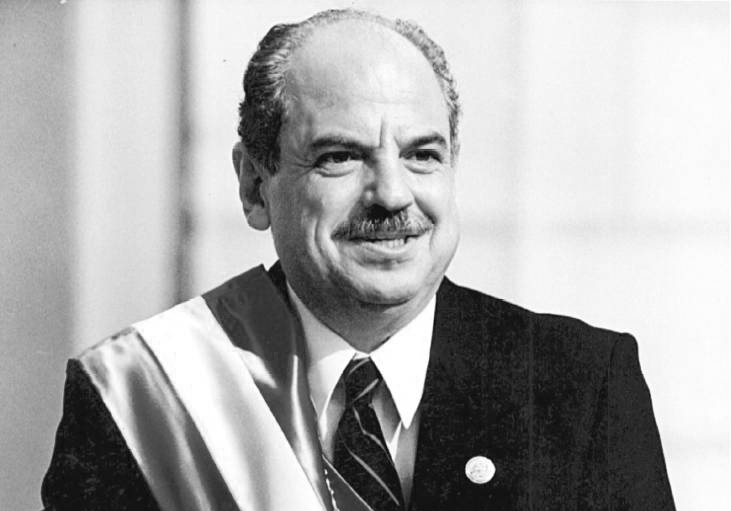
The collapse of Constitutional order in Guatemala
On the 25 May 1993, the President of Guatemala, Jorge Serrano Elias adopted exceptional measures which have constituted a break with the established Constitutional order.

On the 25 May 1993, the President of Guatemala, Jorge Serrano Elias adopted exceptional measures which have constituted a break with the established Constitutional order.
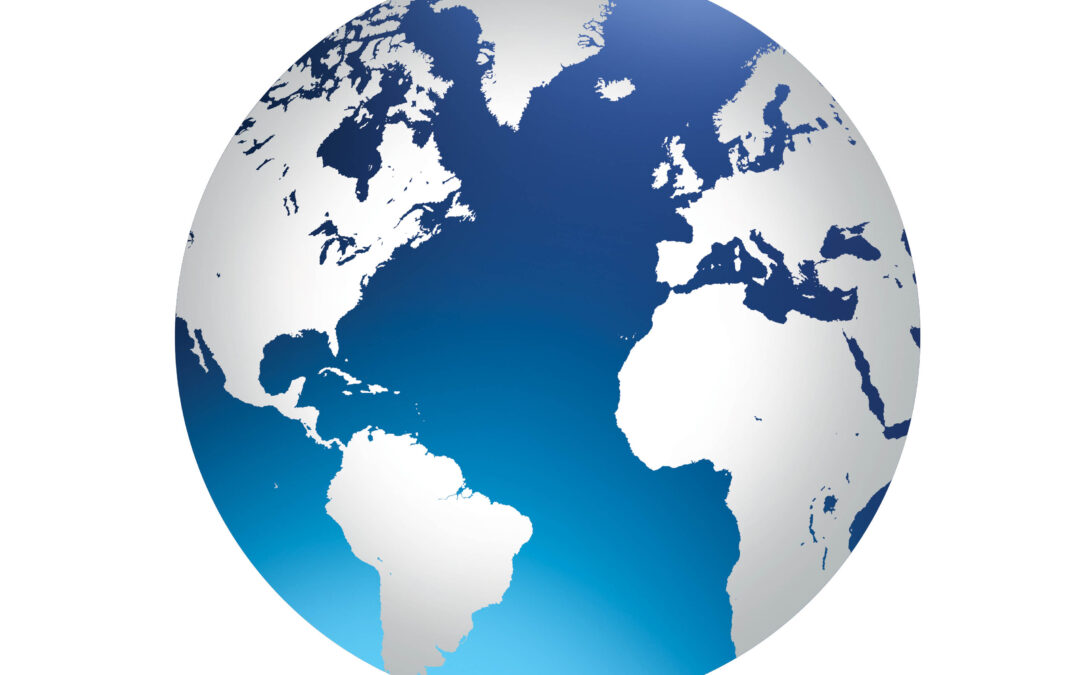
Today, the ICJ launched a campaign for the establishment of a permanent International Penal Court to prosecute those responsible for gross violations of human rights and humanitarian law.
While welcoming the creation of the UN ad hoc Tribunal concerning the former Yugoslavia, the ICJ said that this ad hoc approach does not address the global need to bring all perpetrators of gross violations of human rights to justice.
“The massacres in Cambodia, wilful killings in Liberia, disappearances in Latin America, and torture and deportations of Palestinians, cannot go unpunished. Now, more than any other time in the past, the international community is ready to take practical steps towards the creation of a permanent International Penal Court,” said Adama Dieng, the ICJ Secretary General.
In its Position Paper released today, The Establishment of a Permanent International Penal Court, the ICJ addresses the question of why a permanent Court is needed and provides a blueprint for such a Court. The ICJ concludes with concrete recommendations.
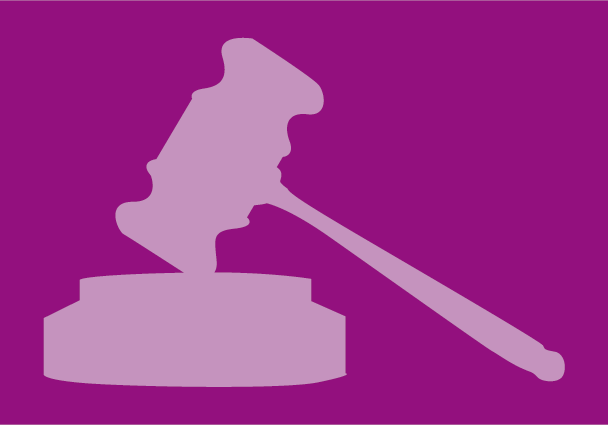
For lawyers to be able to perform these crucial functions, they should be protected from improper interference. They should be able to organize themselves in free and independent bar associations. Law should embody adequate safeguards to allow them to function.
This second volume of the CIJL Yearbook concentrates on the role of lawyers in protecting human rights. It uses the 1990 UN Basic Principles on the Role of Lawyers as a standard. These twenty-nine Basic Principles focus on the following issues:
The second issue of the CIJL Yearbook contains:
Editorial, by Mona A. Rishmawi
Foreword, by P.N. Bhagwati
I. Articles
II. Reports
CIJL Yearbook- legal protection of lawyers-II-1993-eng (full text in English, PDF)
CIJL Yearbook- legal protection of lawyers-II-1993-fra (full text in French, PDF)
CIJL Yearbook- legal protection of lawyers-II-1993-spa (full text in Spanish, PDF)
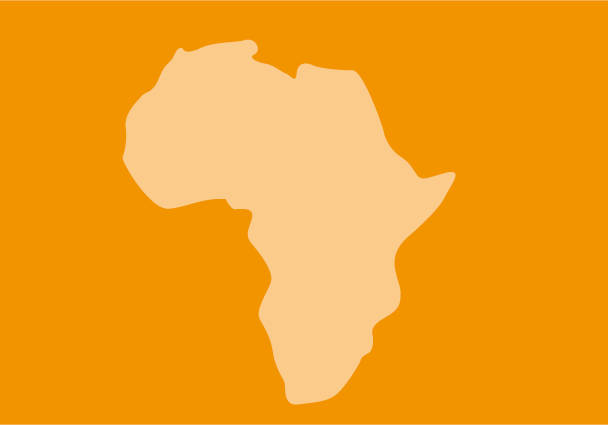
Rapport sur la supervision de la révision/refonte des listes électorales et autres missions de coordination et de suivi relatifs au 1er tour et en vue du 2e tour des élections présidentielles malgaches de 1992 par Malamine Kourouma, professeur de droit.
Conclusion: “En tout cas, la Commission des Communautés Européennes a été bien inspirée d’avoir ouvert et soutenu -et de continuer à soutenir- un Laboratoire de démocratisation dont la nature et le régime le disputent, à la fois, à une double première et un double succès. Rien, déjà, en l’état actuel des expériences comparées dans les interventions similaires, précédentes ou concomitantes, n’autorisant le moindre démenti.”
Madagascar-democratisation process(2nd tour)-fact finding mission report-1993-fra (full text in French, PDF)
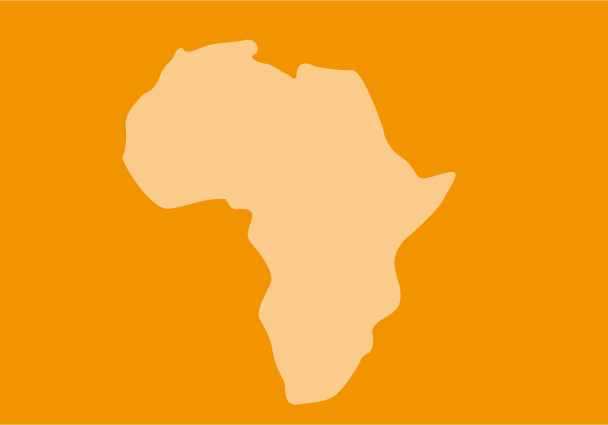
Rapport sur la supervision de la révision/refonte des listes électorales et autres missions de coordination et de suivi relatifs au 1er tour et en vue du 2e tour des élections présidentielles malgaches de 1992 par Malamine Kourouma, professeur de droit.
Conclusion: “En tout cas, la Commission des Communautés Européennes a été bien inspirée d’avoir ouvert et soutenu -et de continuer à soutenir- un Laboratoire de démocratisation dont la nature et le régime le disputent, à la fois, à une double première et un double succès. Rien, déjà, en l’état actuel des expériences comparées dans les interventions similaires, précédentes ou concomitantes, n’autorisant le moindre démenti.”
Madagascar-democratisation process(2nd tour)-fact finding mission report-1993-fra (Texte complet en PDF)